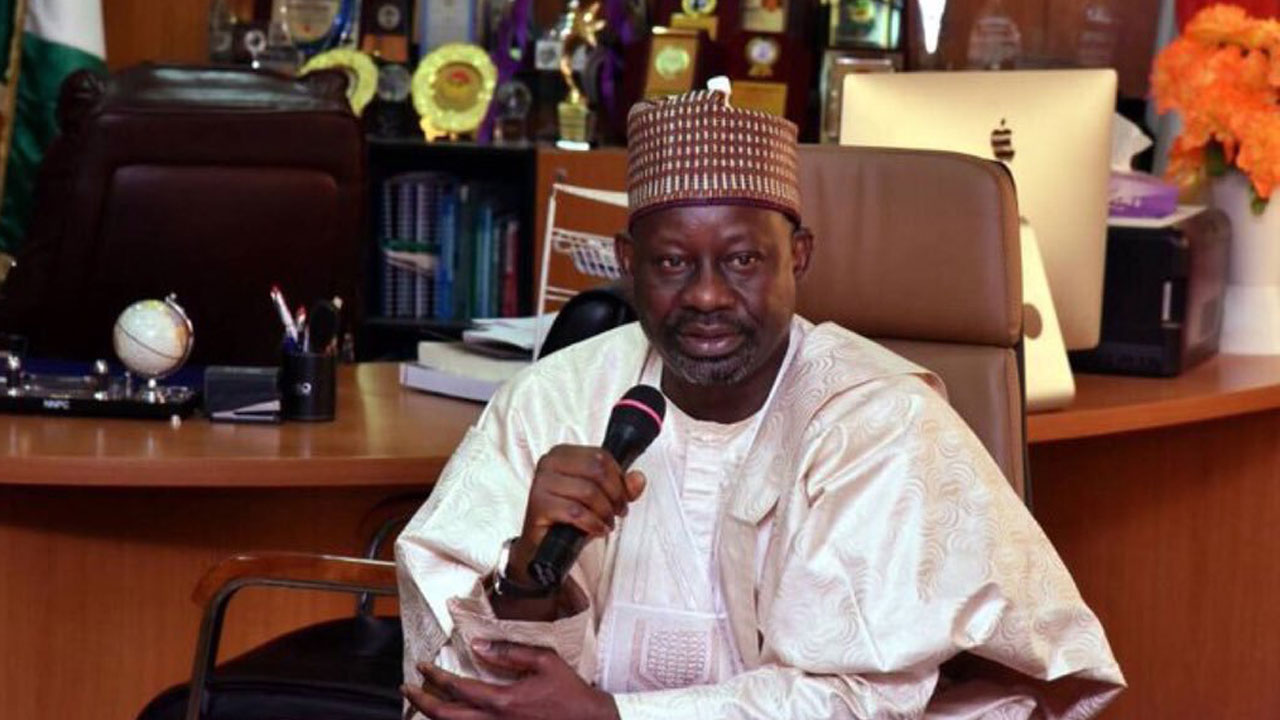News
Gombe spent N33bn in 4 years servicing debt inherited from Dankwambo government — Report

The Gombe State Government has paid about N33 billion from the N100bn debt inherited from the administration of former governor Ibrahim Dankwambo.
The Chairman of the Gombe State Transition Management Committee, Dr Ibrahim Daudu, made this known while submitting the 2023 transition report to Governor Inuwa Yahaya on Monday.
Daudu said that Gov. Yahaya also paid N6 billion to settle four years backlog of gratuities owed retirees from 2014 to 2017.
According to him, the payment to retirees is the largest payment of gratuity made by any government in Gombe State.
“During the course of our work, we were able to determine that out of over N100 billion in debt inherited from the previous administration, your administration has paid approximately N33 billion,” he said.
The chairman also stated that the state government within the period was able to attract N26 billion as a result of its prudent public financial management through the implementation of the State Fiscal Transparency, Accountability and Sustainability programme.
He said that in view of the state’s prudent resource management, Gombe State ranked fourth most successful state in public financial management in the country.
While commending Yahaya for effectively managing the finances of the state in spite of the huge economic challenges caused by COVID-19 and economic recession, the Daudu-led committee urged the government to boost the state’s internally generated revenue going forward.
The 11-member committee which was inaugurated on May 26 further advised the state government to within the next four years, reform the civil service while prioritising job creation.
The News Agency of Nigeria (NAN) reports that the major responsibilities assigned to the committee was to develop a blueprint for consolidating on the achievements made during Yahaya’s first administration.
Also, to incorporate lessons learned, identify priorities, policies, and programmes for the new administration.






